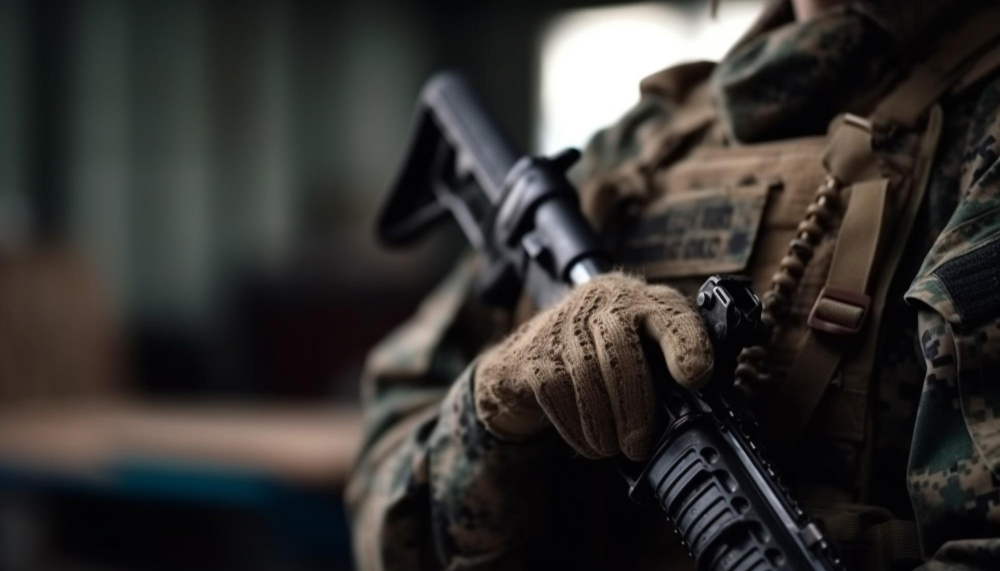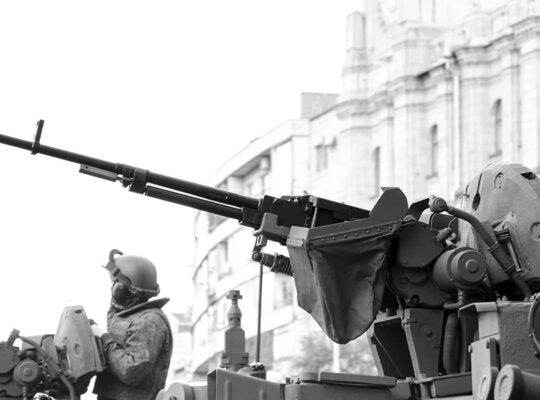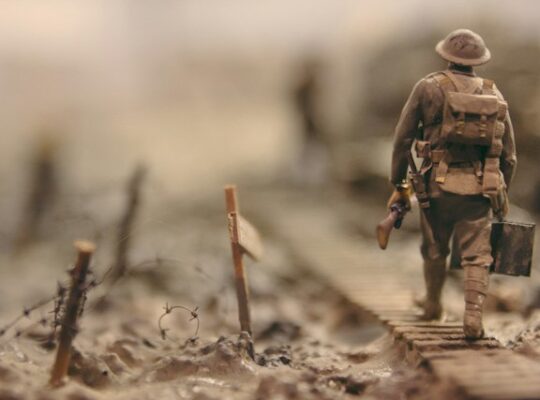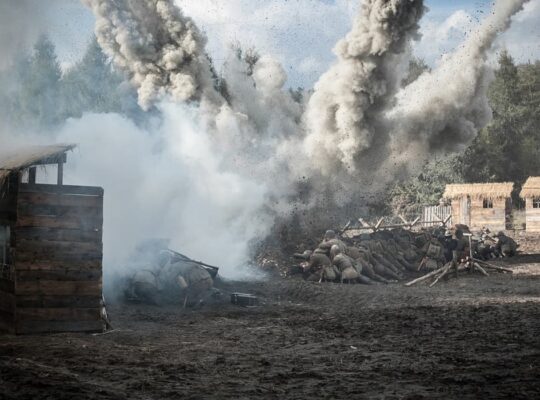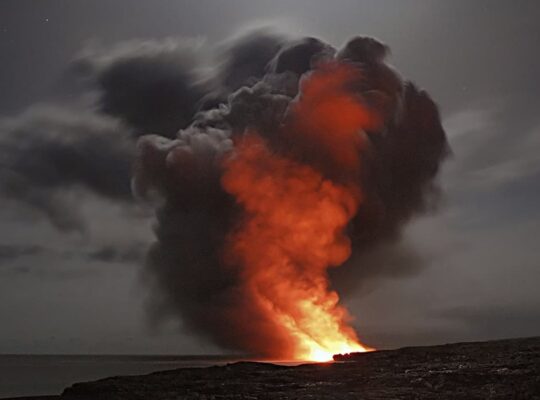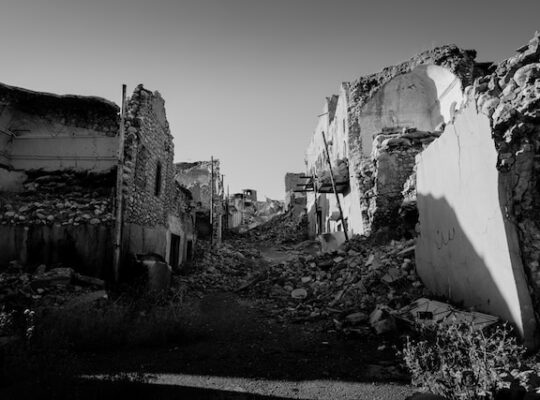The world was embroiled in chaos and conflict from 1939 to 1945 as World War II raged across continents, involving nations from every corner of the globe. It was a war like no other, with millions of lives lost and unimaginable destruction unleashed. Let’s take a step back and examine the historical backdrop that led to this monumental conflict.
Background of World War II
World War II emerged as a direct consequence of the unresolved issues and tensions left behind by World War I. The Treaty of Versailles, which ended the First World War, placed heavy burdens on Germany, leading to economic instability and widespread resentment. The rise of totalitarian regimes in Germany, Italy, and Japan further escalated the political climate, setting the stage for a global conflagration.
Causes of World War II
The causes of World War II were multifaceted and interconnected. Factors such as territorial ambitions, ideological differences, and unresolved grievances all played a significant role. Among the key catalysts were the aggressive expansionist policies pursued by Adolf Hitler’s Nazi Germany, Benito Mussolini’s fascist Italy, and Emperor Hirohito’s imperial Japan.
Key Events of World War II
German Invasion of Poland
On September 1, 1939, German forces invaded Poland, triggering the start of World War II. The lightning-fast German blitzkrieg tactics caught Poland off guard, leading to its rapid conquest. This aggression prompted Britain and France to declare war on Germany, forming the basis of the Allied Powers.
Battle of Britain
From July to October 1940, the skies over Britain became the battleground for the pivotal Battle of Britain. Hitler’s Luftwaffe aimed to gain air superiority to pave the way for a German invasion. However, the Royal Air Force valiantly defended British airspace, thwarting the German assault and marking a turning point in the war.
Pearl Harbor Attack
On December 7, 1941, the Japanese launched a surprise attack on the U.S. Pacific Fleet at Pearl Harbor, Hawaii. This act of aggression propelled the United States into the war, rallying the American people and uniting the nation behind the war effort.
D-Day Invasion
June 6, 1944, witnessed the largest amphibious assault in history as the Allied forces launched the D-Day invasion on the beaches of Normandy, France. This operation, also known as Operation Overlord, marked a significant turning point in the war, opening a second front in Europe and ultimately leading to the liberation of Western Europe from Nazi occupation.
Atomic Bombings of Hiroshima and Nagasaki
In August 1945, the United States dropped atomic bombs on the Japanese cities of Hiroshima and Nagasaki. These devastating attacks, the first and only use of nuclear weapons in warfare, led to Japan’s unconditional surrender, effectively ending World War II.
Major Players in World War II
In World War II, there were two main groups: the good guys and the bad guys. The good guys were the Allied Powers, including the US, Soviet Union, UK, China, and France. They wanted peace. The bad guys were the Axis Powers, led by Germany, Italy, and Japan. They caused trouble. The battle was intense, but the good guys won in the end, stopping the bad guys’ tyranny.
Allied Powers
The Allied Powers consisted of nations that opposed the Axis Powers. The major Allied countries included the United States, the Soviet Union, the United Kingdom, China, and France. These nations formed a coalition to defeat the Axis forces and restore peace.
Axis Powers
The Axis Powers were led by Germany, Italy, and Japan. They aimed to establish dominance and expand their territories through aggressive military campaigns. Other countries, such as Hungary, Romania, and Bulgaria, also joined the Axis Powers.
Impact of World War II
Dude, World War II had a huge impact! It messed things up big time, with so much destruction and lives lost. But it changed everything, man. New superpowers rose, like the US and the Soviet Union. And the United Nations came out of it, trying to keep the peace. Plus, the war pushed technology and medicine forward. It was a dark time, but it totally shaped the world we know today. Crazy, right?
Casualties and Destruction
World War II exacted an immense human toll, with an estimated 70-85 million lives lost. The conflict devastated cities, infrastructure, and economies, leaving behind a trail of destruction that would take years to rebuild.
Rise of Superpowers
The aftermath of World War II saw a significant shift in global power dynamics. The United States and the Soviet Union emerged as the two superpowers, locked in a Cold War rivalry that would define international relations for decades to come.
Formation of the United Nations
In an effort to prevent future global conflicts, the United Nations was established in 1945. This international organization aimed to promote peace, cooperation, and diplomacy among nations, serving as a forum for resolving conflicts and addressing global issues.
Live Casinos: A Brief Overview
While World War II unfolded on the global stage, it is worth exploring a different aspect of entertainment and technology that exists today. Live casinos provide an immersive gambling experience for players, replicating the thrill of a traditional brick-and-mortar casino from the comfort of their own homes. These online platforms offer a wide range of games, including blackjack, roulette, and poker, with live dealers and real-time interaction. For those seeking the excitement of a casino environment, live casinos provide a convenient and engaging alternative.
In this context, live casinos https://plinkogameonline.com/ have gained popularity as a form of entertainment, combining the convenience of online gambling with the authentic atmosphere of a physical casino. Players can enjoy a wide array of games and interact with professional dealers through live video streaming. With the advancement of technology, live casinos have become a prominent and accessible option for gambling enthusiasts.
Legacy of World War II
So, the legacy of World War II? Let me tell you, it left a huge mark on the world. You know, it kickstarted the whole Cold War thing between the US and the Soviet Union. But hey, it’s not all bad. The war also sparked a desire for peace in Europe, leading to the creation of the European Union. And let’s not forget the cool tech and medical advancements that came out of it. We’re talking radar, jets, and life-saving antibiotics. Pretty wild, right? One war, changing the world in so many ways.
Cold War
The end of World War II marked the beginning of the Cold War, a period of political tension and ideological rivalry between the United States and the Soviet Union. The world became divided into two spheres of influence, with each superpower vying for dominance and engaging in proxy wars.
European Integration
World War II led to a deep-seated desire for peace and stability in Europe. In the aftermath of the war, steps were taken to foster unity and cooperation among European nations. This ultimately led to the formation of the European Union, a supranational organization aimed at promoting economic and political integration.
Advancements in Technology and Medicine
World War II spurred significant advancements in technology and medicine. From the development of radar and jet propulsion to breakthroughs in antibiotics and surgical techniques, the war accelerated scientific progress and laid the foundation for future innovations.
Conclusion
World War II remains a pivotal chapter in human history, leaving an indelible mark on the world. The causes, key events, major players, and lasting impact of this global conflict have shaped the course of the 20th century and beyond. From the devastating casualties and destruction to the rise of superpowers and the formation of the United Nations, World War II ushered in a new era of geopolitics and international relations.
In conclusion, the legacy of World War II serves as a constant reminder of the profound impact that conflicts can have on societies, politics, and global dynamics. It is essential to remember the lessons of the past as we strive to build a more peaceful and prosperous future.
